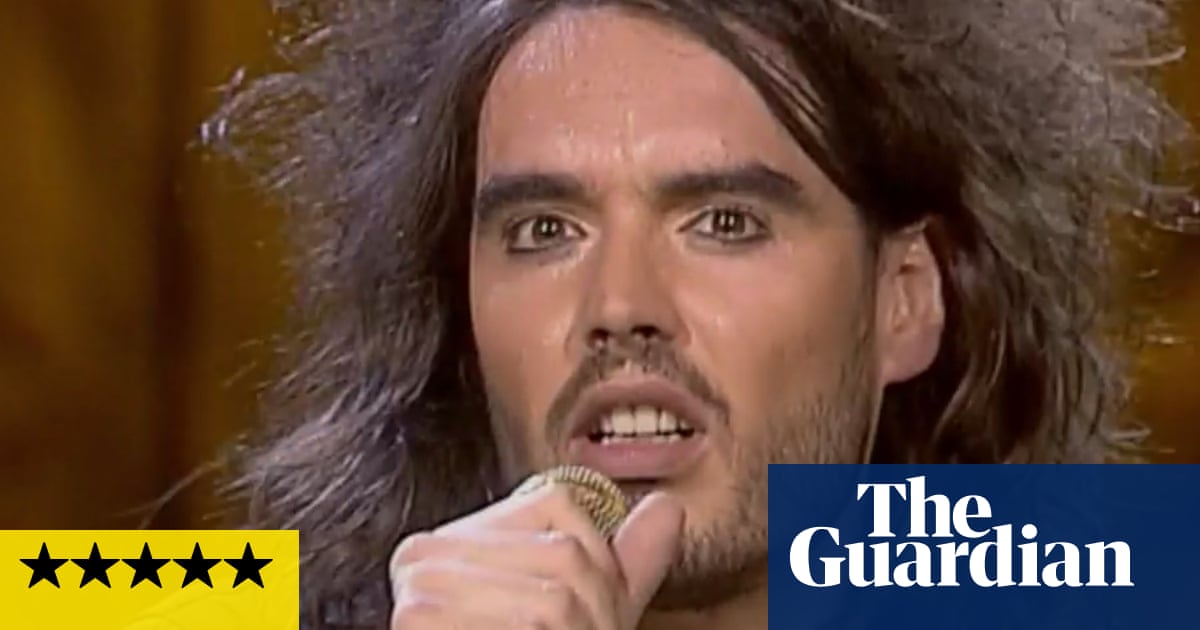So with its allegations and the alleged perpetrator’s denial already known about, and even the culture-war battle lines around it already drawn, what currency does Russell Brand: In Plain Sight have? Plenty. As well as organising deeply harrowing testimony into a cogent narrative, the Dispatches film places the women’s claims into a wider context within the industry and our culture as a whole, pinpointing a collective culpability that resonates well beyond whatever one man might have done.
The allegations themselves are disturbing enough. Being able to see and hear the words spoken, even by anonymised interviewees filmed in silhouette or, in one case, replaced by an actor, lends every awful detail alleged a piercing immediacy.
Surrounding the interviews are the words of Brand himself, on stage, TV and radio. Even in the best-case scenario for Brand – the one in which all these specific, independent accusations turn out to be false – we view him as a sleazy, sexist creep because he has told us.
“Don’t be afraid of your own sexuality,” we see him tell a guest on his chatshow, in a clip dug up by Dispatches. “Do be a bit afraid of mine though.” During an interview on Conan O’Brien’s US talkshow, Brand told the host: “You don’t wanna be around when the laughter stops.” One old standup routine, joking about enjoying “them blowjobs where mascara runs a little bit”, spookily echos the exact words of one of the programme’s allegations.
The title In Plain Sight has been carefully chosen. Dispatches has found further evidence of Brand not hiding his misogyny, drawn from the same stint as a Radio 2 presenter that led to his biggest previous controversy in 2008, when he was fired for broadcasting crass voicemails he’d left for the actor Andrew Sachs. In retrospect, it is amazing Brand lasted as long as he did: Dispatches plays the audio of him making demeaning sexual remarks about his show’s female newsreader, and conducting an interview with a celebrity guest where he joked about sending his (named) female assistant to visit the star, stripped naked. The interviewee in question: Jimmy Savile.
American here, and I never understood where Brand came up from. Even his stand-up is “I’m famous for being famous.” He’s like a Great Value Jack Sparrow.
It’s OK, we British don’t really understand it either.
He played a rock star in a movie, and then continued acting like one in real life. People like rock stars.
Haha thanks for the context: ‘people like rock stars.’ Made me laugh for some reason.
It’s a good argument for the continuing importance of TV documentaries in our modern fast-moving news environment. You still need to take your time and dissect the issue with the words of those involved having extra weight.
You know, I’ve never thought about the relation between news and documentaries, but I completely agree
The guy said things that are concerning, but what matters is what he has done, and to convict him, it’s what we can prove his done.
Trail by media gets eyeballs, but it’s not a healthy justice system.
Let’s wait until after conviction before we decompose what went wrong.




